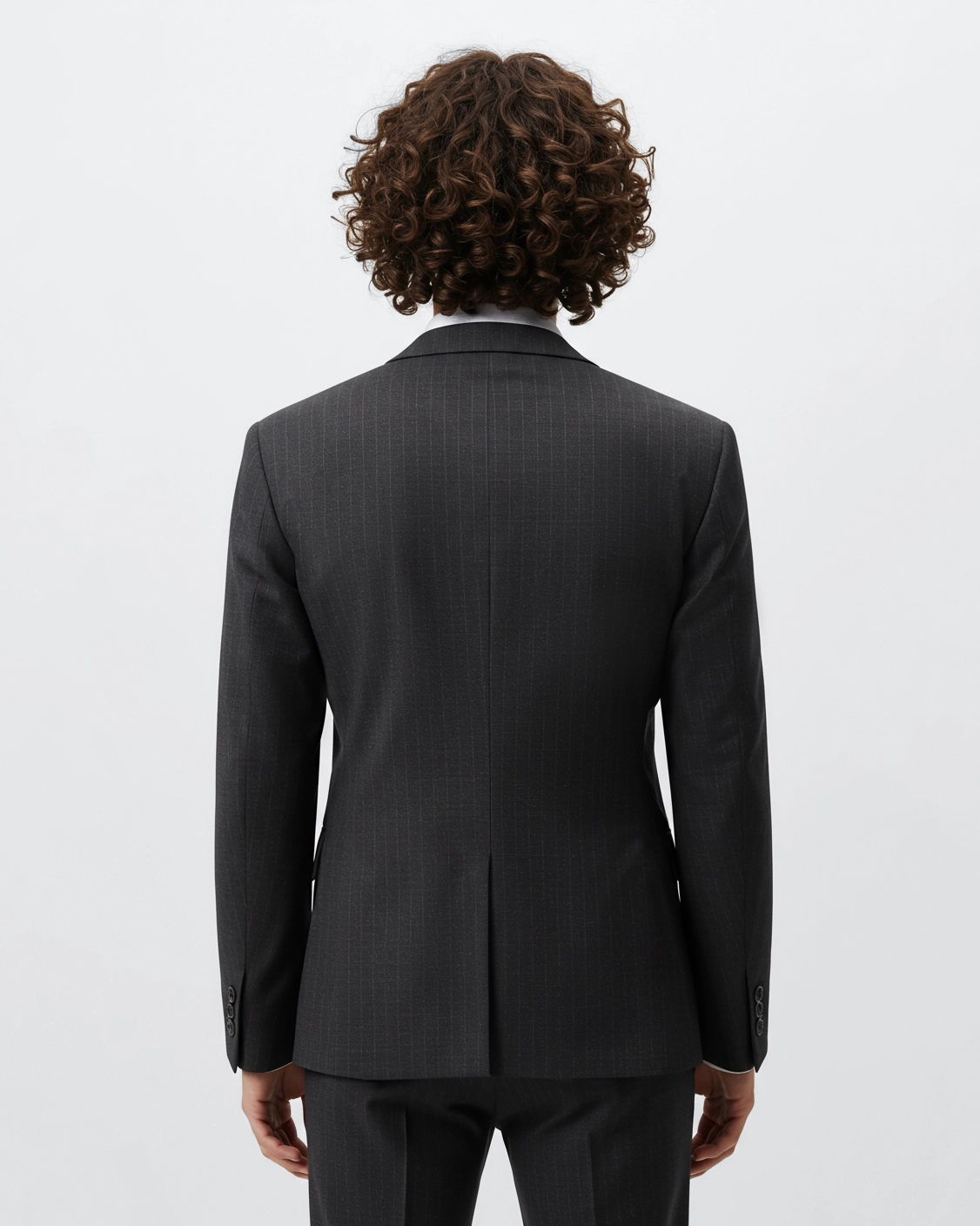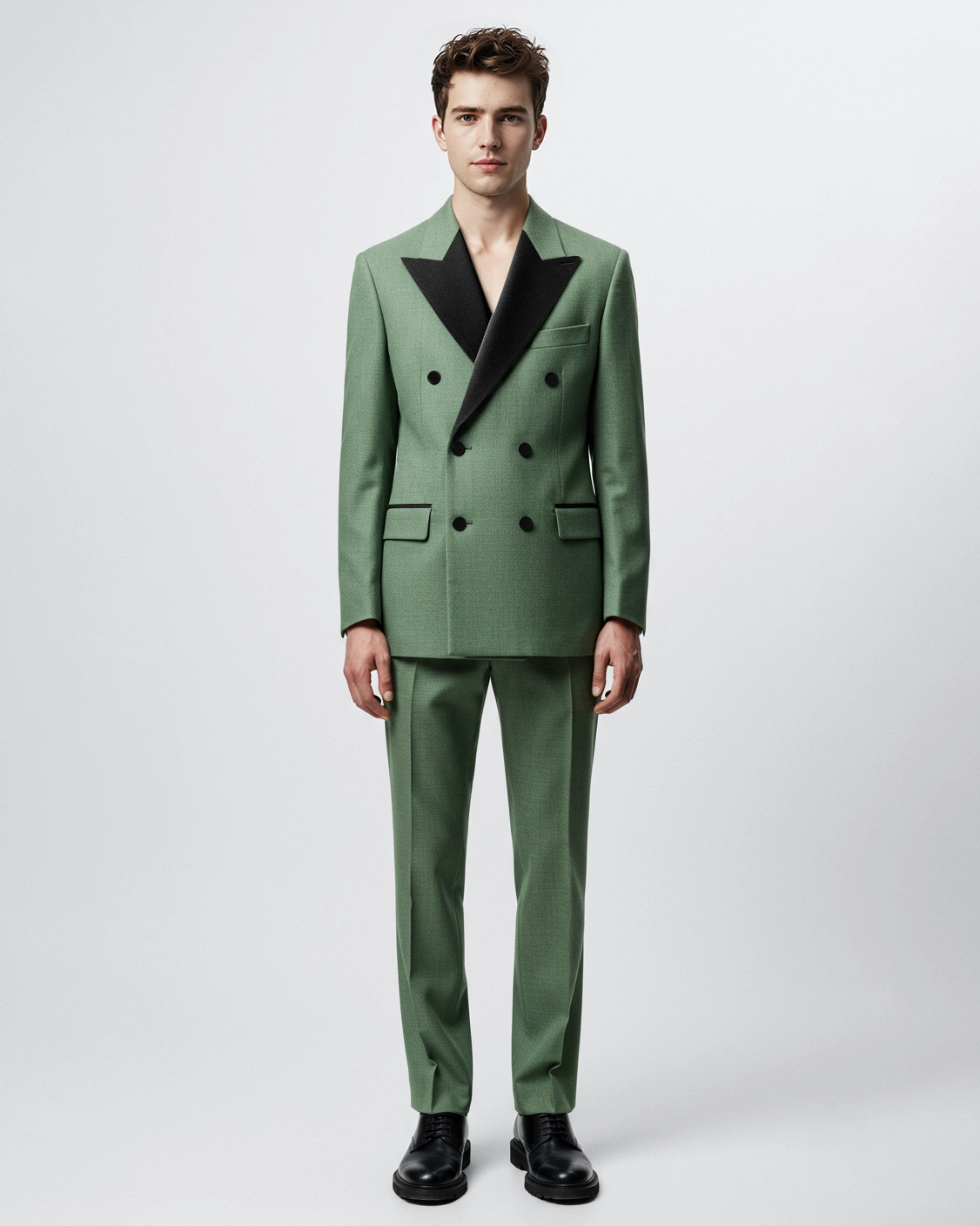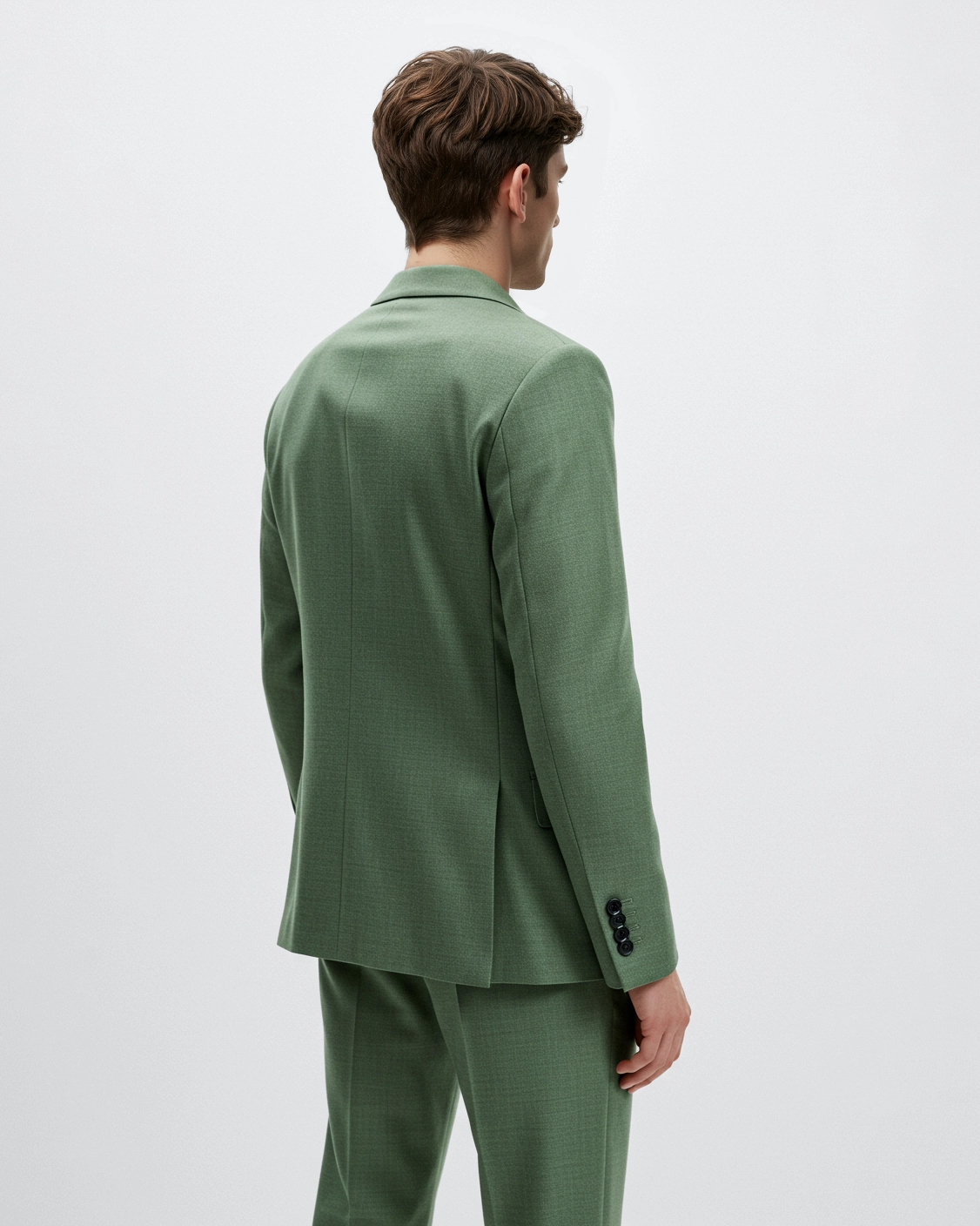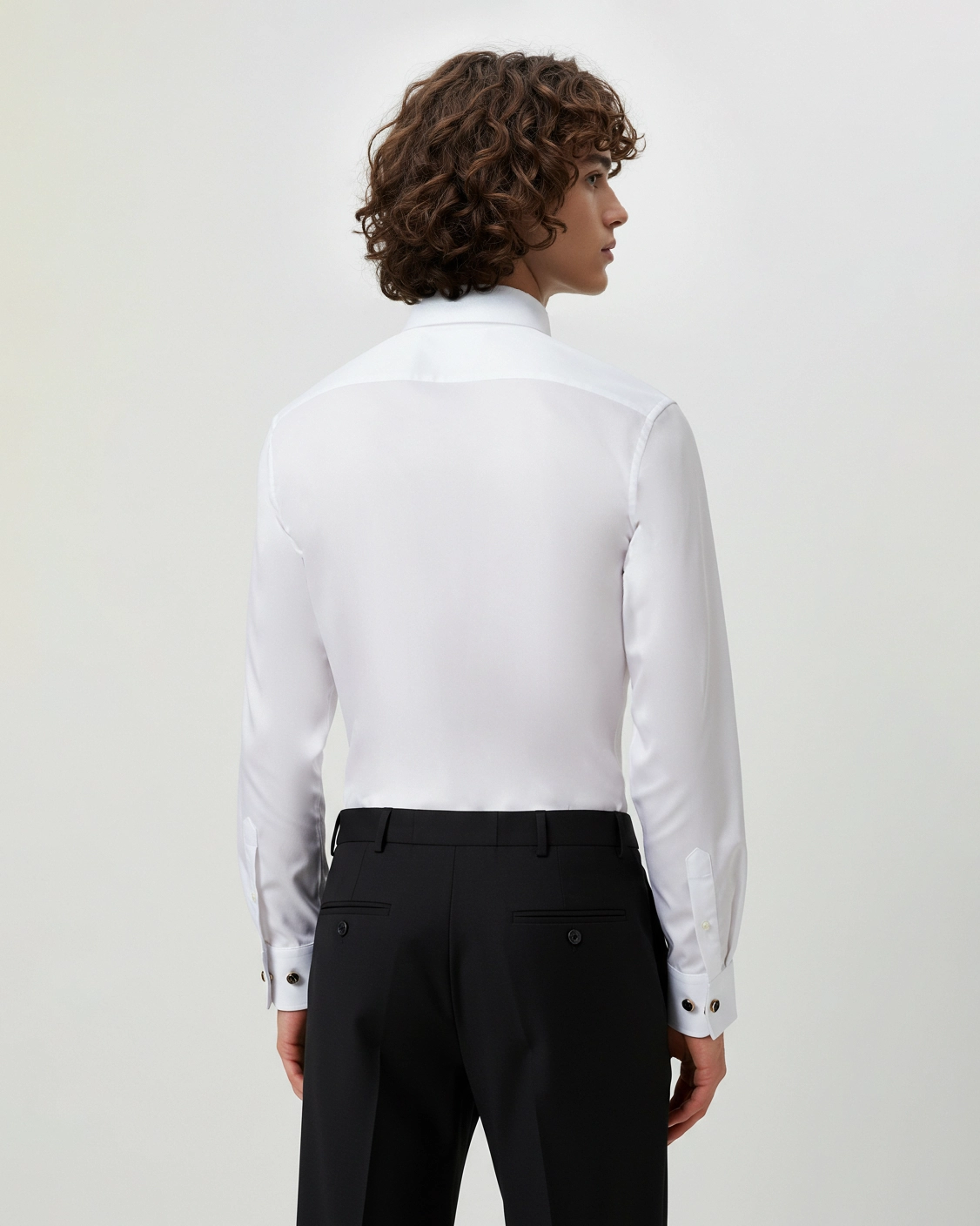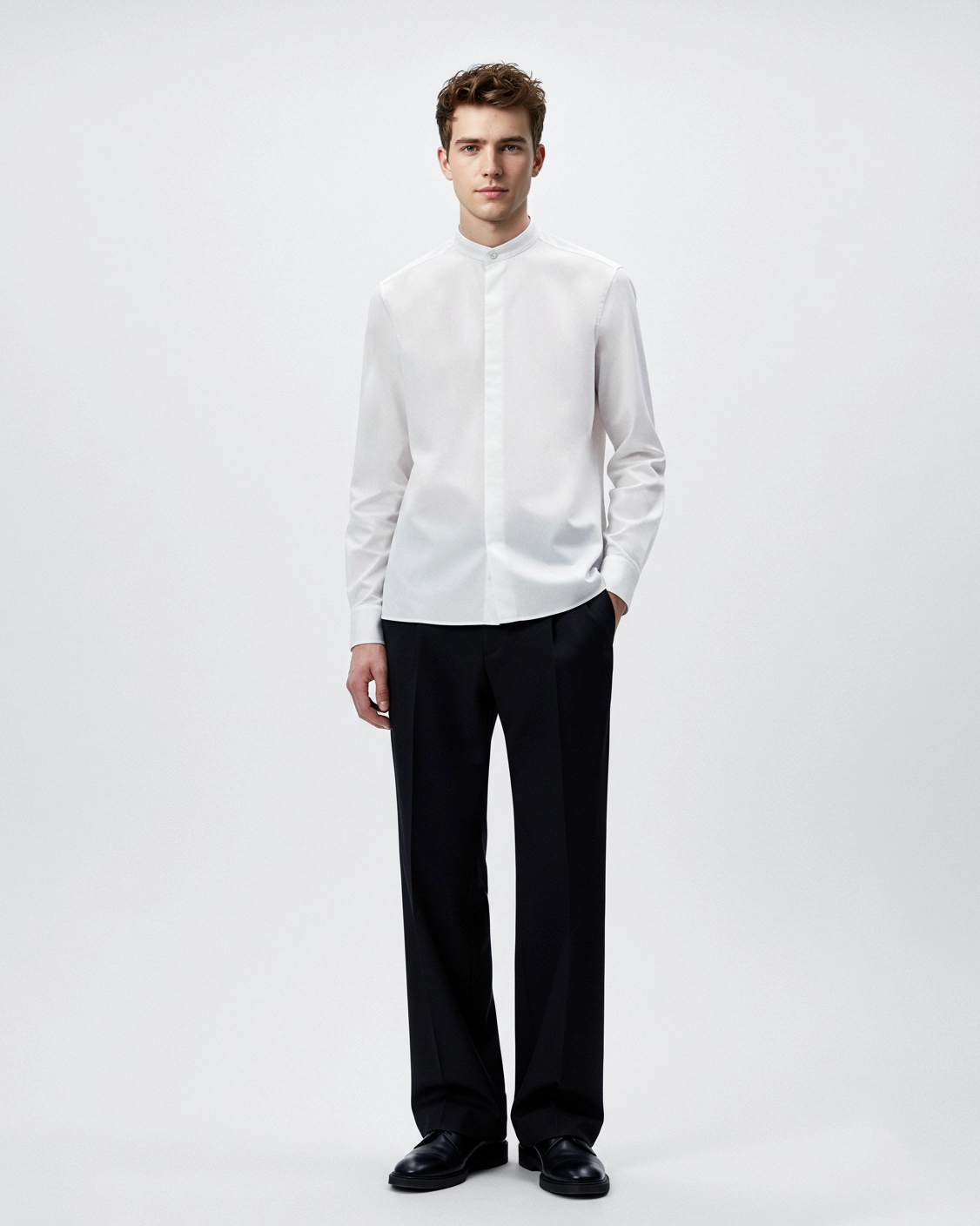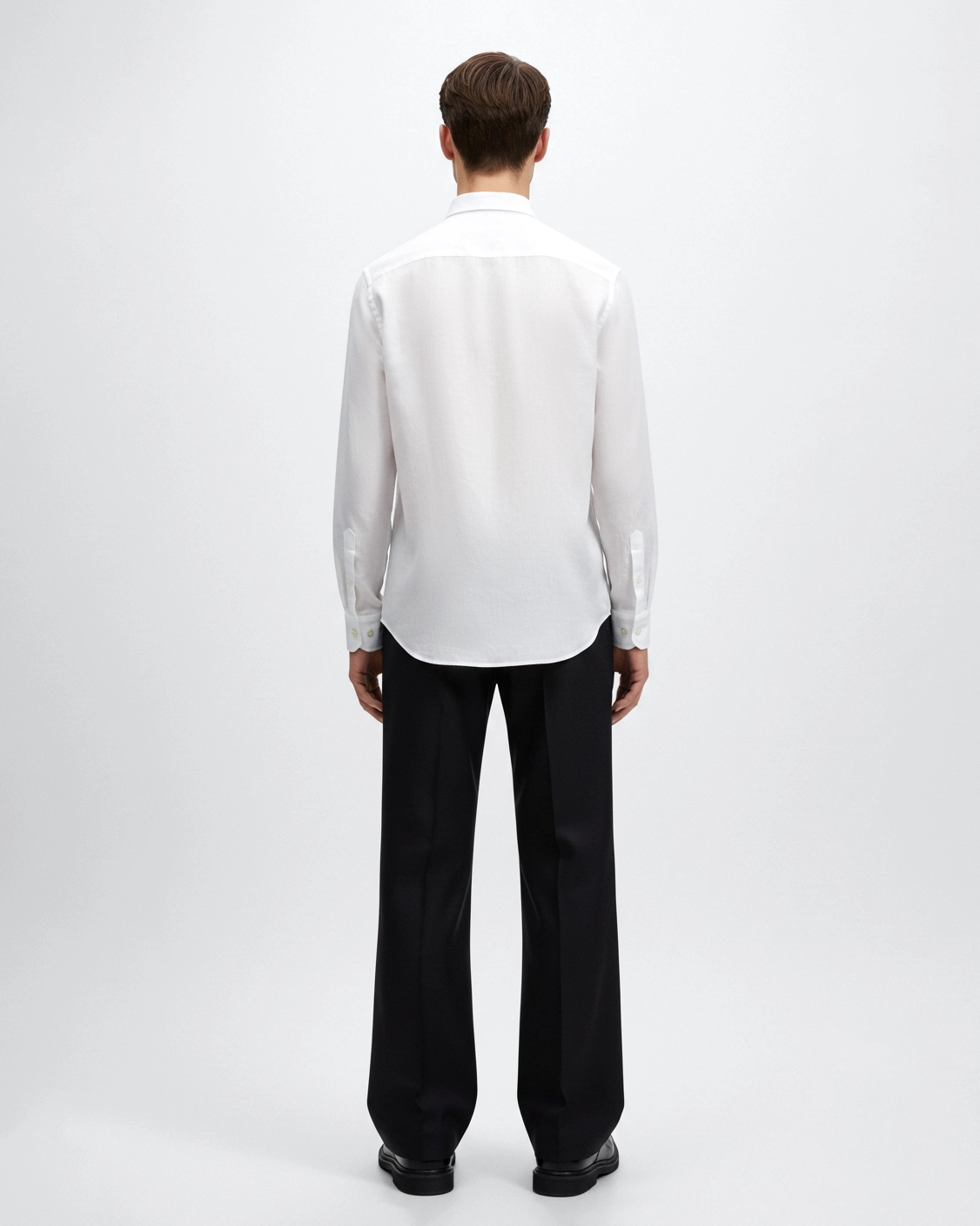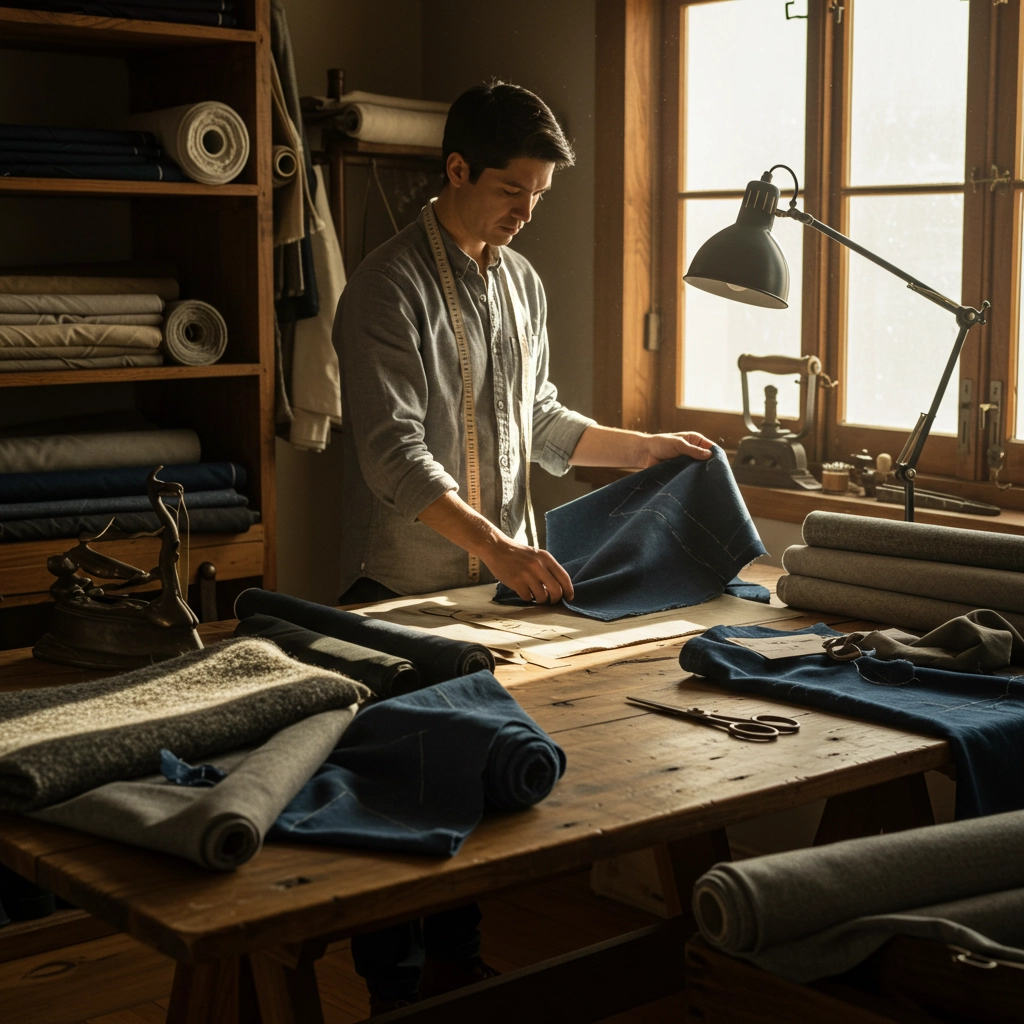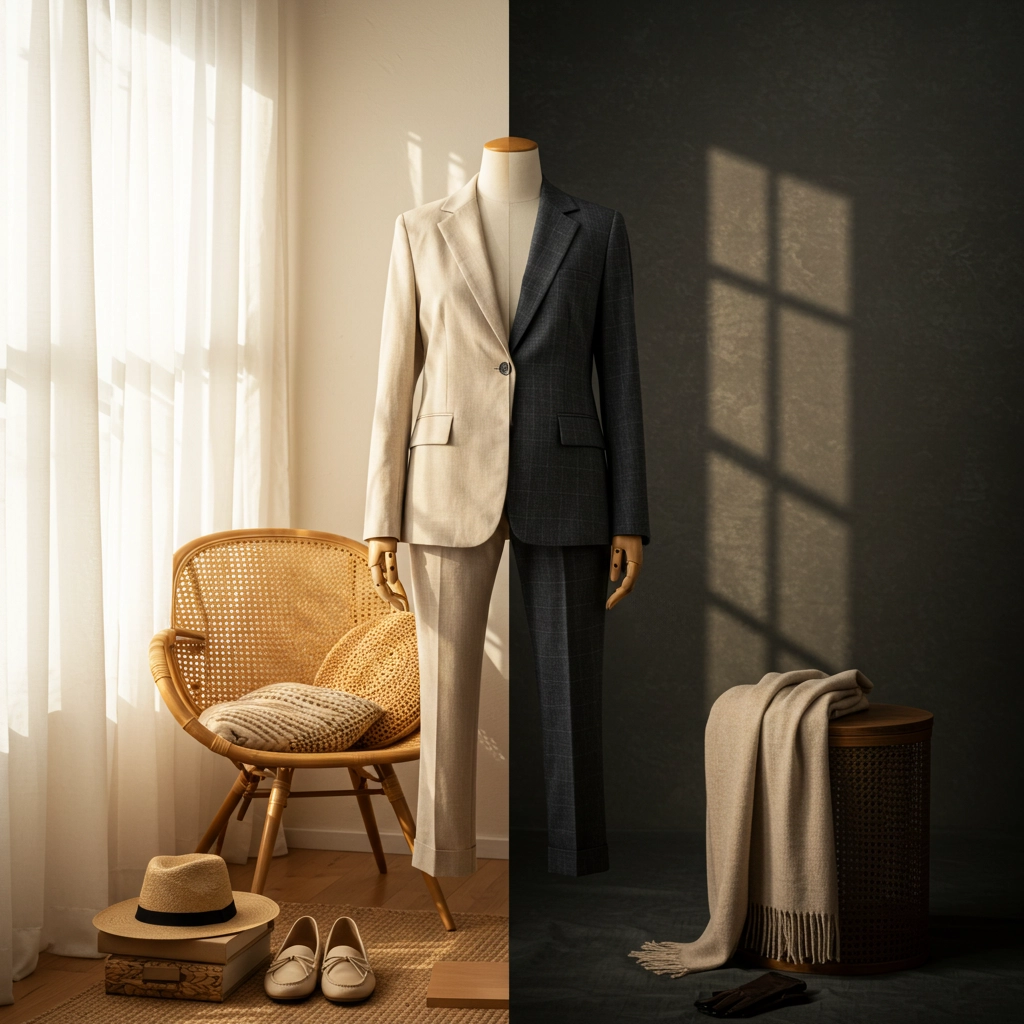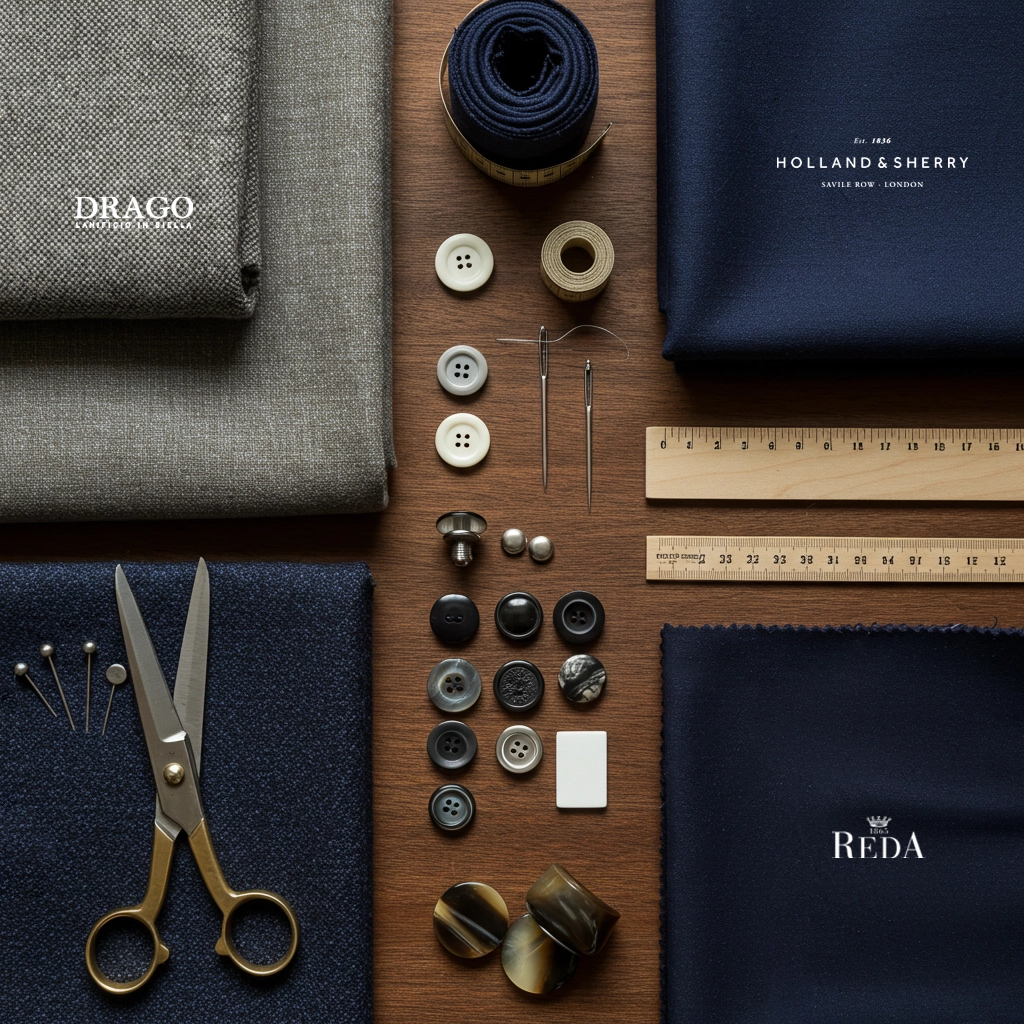How are traditional fabrics influencing modern bespoke tailored suits?
In the evolving world of bespoke tailored suits, fabric choice is no longer just about luxury—it’s about meaning. As more individuals seek clothing that reflects personal values and heritage, traditional textiles are becoming a powerful influence in modern tailoring. These time-honored fabrics, rich in cultural identity and artisanal skill, are redefining what it means to wear something truly bespoke.
From Harris Tweed and Japanese indigo cotton to Italian wool, regional fabrics are now appearing in both classic and contemporary silhouettes. Whether crafted by bespoke tailors on Savile Row or ordered through bespoke suits online, these materials offer more than aesthetics—they bring history, sustainability, and individuality into every stitch.
In this article, we explore how traditional fabrics are shaping the future of sustainable bespoke tailoring, and how today’s bespoke online store experience makes it possible to wear clothing that connects global heritage with personal expression.
From Tradition to Innovation — A New Chapter for Heritage Fabrics
Heritage fabrics are no longer reserved for nostalgic tailoring—they’re becoming key to the evolution of bespoke tailored suits. From Harris Tweed to Japanese cotton, these materials are being reimagined with lighter weaves, softer finishes, and modern cuts to suit today’s fast-paced, style-conscious world.
Traditional textures once associated with stiffness or formality now appear in unstructured jackets, soft blazers, and casual separates. Tweed blends with silk for drape, khadi becomes a breathable summer essential, and indigo-dyed cotton adds artistic flair to minimalist tailoring.
The digital age also plays a role. Through bespoke suits online and platforms like Rosie Hong’s bespoke online store, clients can browse these once-rare textiles with ease. Fabric swatches once found only on Savile Row are now globally accessible—without compromising craftsmanship.
These innovations don’t dilute tradition—they expand it. In a time when fashion seeks both sustainability and authenticity, traditional fabrics offer the perfect bridge between the past and what comes next.
Adapting Classic Textiles for Contemporary Lifestyles
As workwear becomes more flexible and personal style more expressive, traditional fabrics are evolving to meet the pace of modern life. No longer confined to structured suits or formal jackets, these classic textiles are now used in softer, more breathable, and more versatile garments. Lightweight Harris Tweed is being cut into unlined blazers—perfect for transitional weather and well-suited to both women’s and men’s blazers. Italian wool is woven with silk or stretch yarns for greater ease of movement, ideal for long commutes or hybrid working environments.
This shift is especially noticeable in women’s tailoring, where traditional materials are reshaped into fluid silhouettes—draped suits, wrap-style jackets, or relaxed trousers. Even dense or rustic fabrics like khadi and raw cotton are now designed for summer tailoring, offering comfort with cultural depth. At the same time, sustainability is no longer an afterthought. Clients seeking sustainable bespoke tailoring are drawn to handwoven or regionally sourced fabrics with low environmental impact, such as organic cotton or plant-dyed wool.
Through bespoke suits online, clients can now select fabrics not only for appearance but also based on seasonality, texture, breathability, and personal lifestyle. The result is a more intuitive and personal approach to suiting—where what you wear doesn’t just reflect tradition, but adapts it to who you are and how you live.
Traditional Fabrics in Digital Bespoke Tailoring
In the past, selecting a traditional fabric meant visiting a physical tailor, touching swatches by hand, and relying on face-to-face consultations. Today, that experience is evolving—digital bespoke tailoring is making heritage fabrics more accessible, more personal, and more interactive than ever before.
Online bespoke platforms now allow clients to explore curated libraries of regional textiles—like Harris Tweed, Japanese cotton, or Italian wool—directly from their screens. Instead of flipping through fabric books in-store, customers can:
- Browse high-resolution fabric previews, complete with texture, color tone, weight, and seasonal suitability.
- Compare materials side-by-side to evaluate comfort, drape, and sustainability features.
- Use 3D body scanning technology (like on Rosie Hong) to get precise fit recommendations based on posture, movement, and silhouette.
This approach blends tradition with precision. A client selecting bespoke suits online can now make confident fabric choices based on data, not guesswork. For example, someone living in a warm climate can choose lightweight wool or khadi with breathable structure, while still honoring the craftsmanship of regional mills.
In a bespoke online store, technology doesn’t replace heritage—it enhances it. A handwoven fabric from a century-old mill can now be styled, previewed, and customized by someone halfway across the world, yet still maintain its integrity and story.
This digital transformation also supports sustainable bespoke tailoring. By reducing physical waste, travel, and overproduction, online tailoring helps promote conscious consumption—without sacrificing depth, story, or craft.
Ultimately, technology gives traditional fabrics a new platform. It doesn’t strip away their roots—it simply brings them into the lives of more people, more personally than ever before.
The Influence on Design and Details
In bespoke tailoring, fabric doesn’t just dictate how a garment feels—it influences how it’s designed, cut, and finished. Traditional textiles often come with unique structure, texture, and movement, which naturally shape the creative decisions a tailor makes. Here’s how:
- Heavier fabrics shape structure: Dense materials like Harris Tweed or Donegal wool often lead to more structured tailoring—defined shoulders, classic lapels, and layered styling that reflects British sartorial heritage.
- Lighter weaves invite fluid silhouettes: Italian wool or linen blends are frequently used in relaxed cuts: softly draped jackets, minimal padding, and unlined or half-lined suits ideal for warmer climates or modern workplaces.
- Natural textures inspire visible craftsmanship: Handwoven or slubby fabrics often call for hand-finished seams, pick stitching, and contrast buttonholes—details that highlight the artisan story behind each suit.
- Regional fabrics influence styling choices: A Japanese indigo cotton may lead to minimalist, clean-lined suits with tonal buttons, while khadi may work best with Nehru collars or unstructured closures.
- Details evolve alongside sustainability: In sustainable bespoke tailoring, natural fabrics are paired with biodegradable linings, corozo buttons, or recycled threads—allowing design to reflect both style and responsibility.
- Digital tailoring tools enhance fabric-led design: Platforms offering bespoke suits online now let clients see how specific fabrics change the look of lapels, vents, cuffs, and linings—bringing design decisions closer to the user experience.
Each design element becomes an echo of the fabric’s origin—making traditional materials not just part of the suit, but part of the story it tells.
Final Thoughts — Wearing Heritage in a Modern World
In the world of modern fashion, wearing something that holds meaning is a quiet form of rebellion. Bespoke tailoring offers this rare opportunity—and traditional fabrics deepen that connection. When you choose a bespoke tailored suit made from heritage textiles, you’re not just selecting a fabric or a fit. You’re wearing a story, shaped by culture, craftsmanship, and time.
Today’s tailoring makes it easier than ever to merge history with your lifestyle. Whether you’re browsing bespoke suits online or visiting a tailor in person, the choices you make—from Harris Tweed to Japanese cotton—reflect more than taste. They reflect values: sustainability, individuality, and respect for tradition.
In an era of disposable fashion, sustainable bespoke tailoring brings us back to what matters—garments made to last, created with care, and worn with pride. And in doing so, it reminds us that the future of personal style doesn’t need to erase the past. It simply needs to carry it forward.




